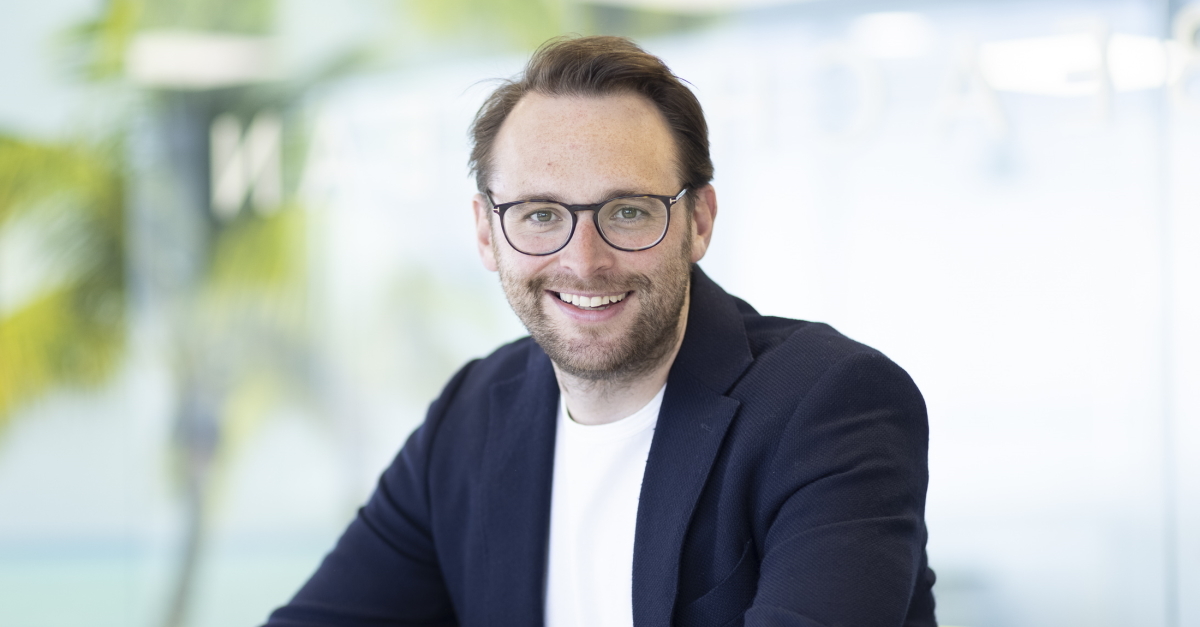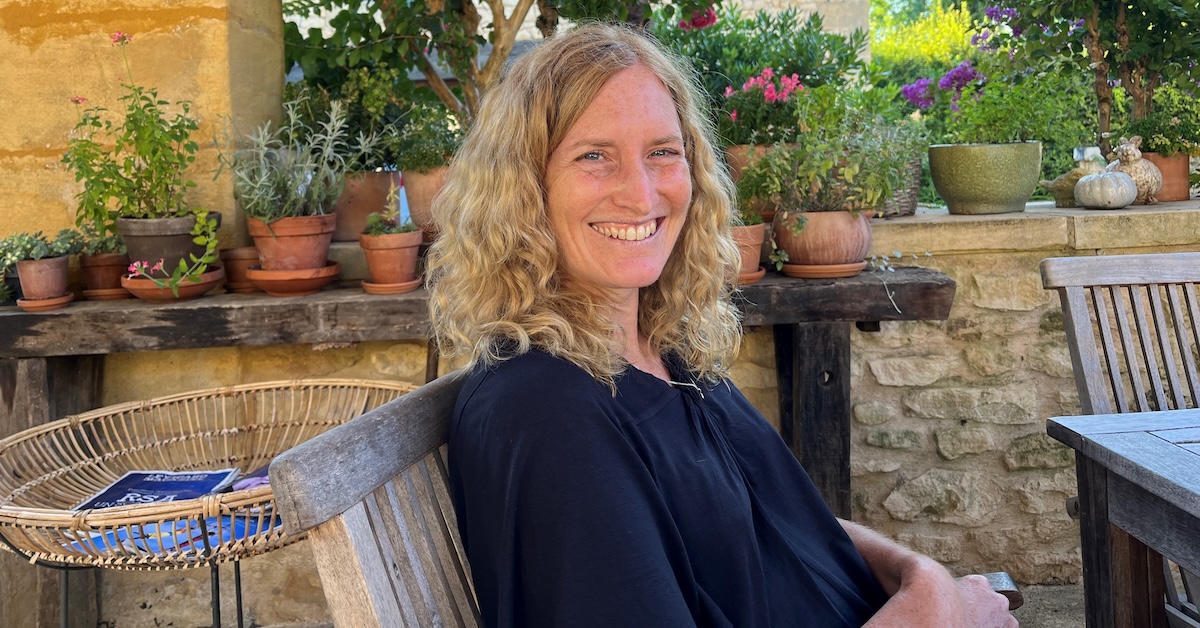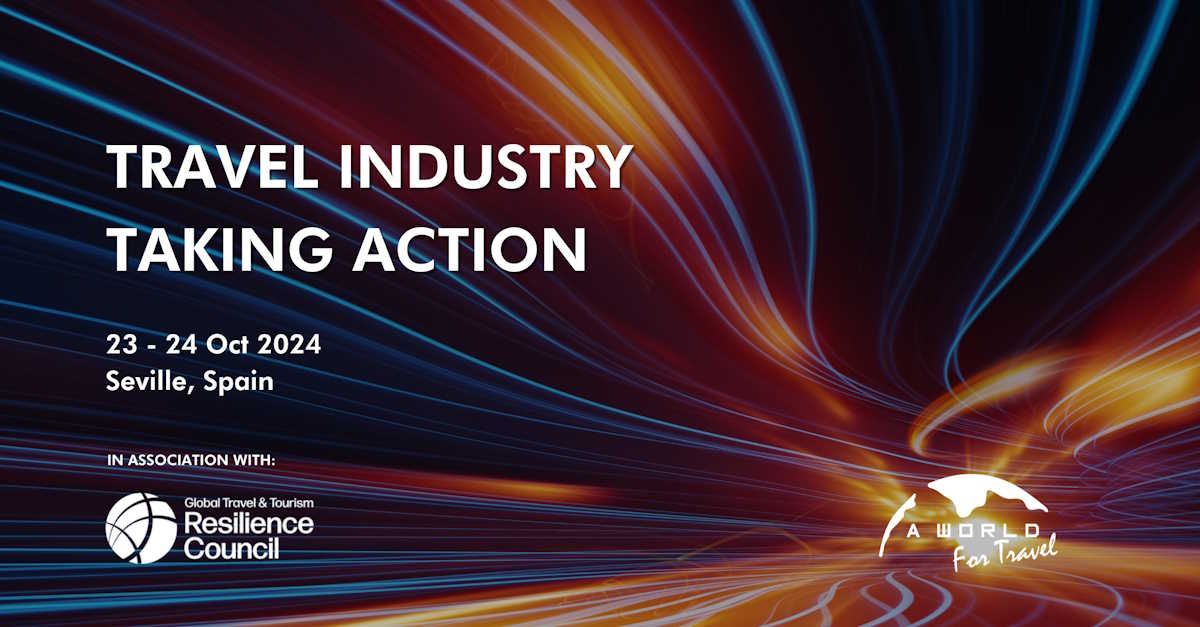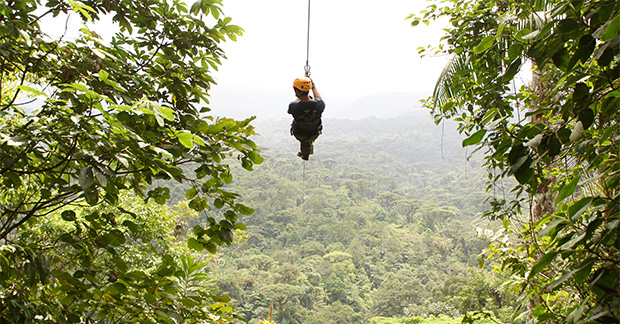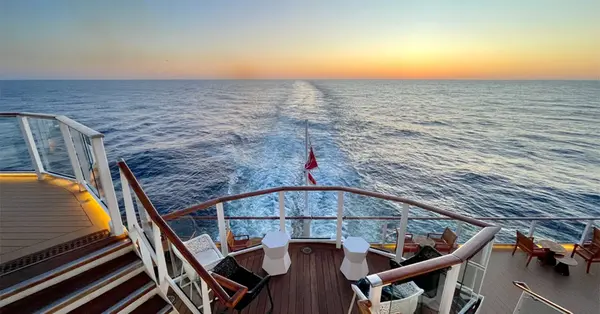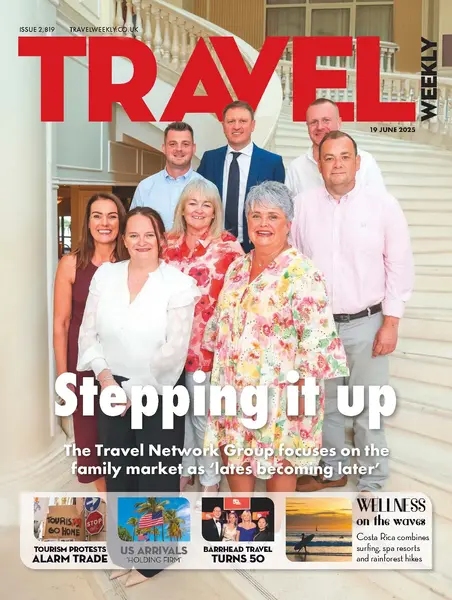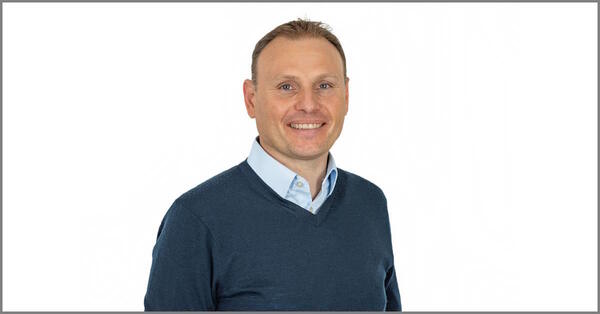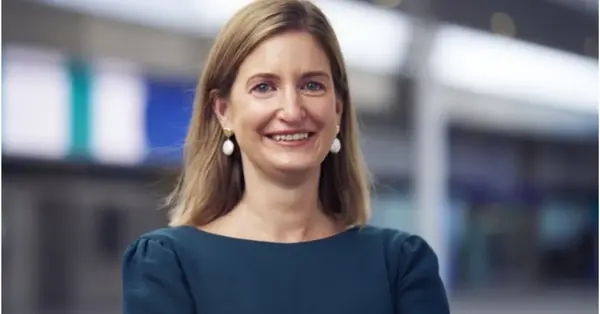You are viewing 1 of your 2 free articles
Increasing accessibility focus makes commercial and moral sense
Ocean Holidays co-founder Harry Hastings says inclusivity can be a form of benevolent capitalism at its best
When I first realised that around one in five Brits are disabled, the commercial opportunity became glaringly obvious.
Add to that the realities of an ageing population, and it’s clear: most of us are going to experience disability at some point in our lives – and we’re still going to want to travel.
We’ve seen it directly at Ocean Holidays since launching our accessibility programme in 2022, which covers both visible and hidden disabilities equally: conversion rates for disabled travellers have quadrupled, repeat booking rates have doubled, growth in this segment is compounding at over 50% each year and will soon be more than £10mil of annual sales.
When you remove barriers and make holidays accessible and welcoming, you unlock a loyal, motivated customer base that wants to spend and will likely return.
This isn’t just about doing the right thing – it’s also about smart business
In a world of evolving technologies, this is an opportunity for travel agents and businesses to deliver something that tech alone can’t: a service that is personal and bespoke in a fragmented market and ultimately built on trust. Human trust in exchange for treasured experiences.
When we talk about DEI, aspects of the language have become charged and divisive for some. But at its core, being inclusive is something that unites us – not just in travel but as people. And in the travel industry, which by its very nature is global, the opportunity to bring people together across differences is woven into what we do every day.
When we rethink and rewire how we approach travel for disabled customers, it gives us the tools to rethink how we serve all customers with specific or different needs – not just those who are disabled.
We, as an industry, operate with such ease, handling a guest who requests a particularly temperate room or view. We fluently advise which resort works better for a family with children versus a young couple wanting to party all night.
We already lean into personalisation, and that same level of care simply applies when it comes to disability, whether visible or not – or indeed when considering someone’s sexuality, ethnicity, religion, nationality, or any other factor that can shape their travel experience.
Disability inclusion in travel isn’t just about one group – it can be a gateway to learning how we can be a more united, human-centred industry overall.
Why this matters to me – and how we lead inclusively
For me, this topic isn’t just professional – it’s personal. But interestingly, when we first planned and launched our accessibility programme at Ocean Holidays, it was before my son Rudy was born with a profoundly complex rare genetic condition. We knew there was a gap in the market and a huge opportunity to serve disabled travellers better. What I didn’t know then was just how personal the journey would become.
As the parent of a disabled child, I’ve now seen firsthand how tough it can be to plan a trip. But here’s the thing: families like mine don’t expect a tour operator or travel agent to take on every single responsibility. It’s a partnership. We need to have honest conversations early on about what the travel company can help with and what’s on us as the family.
For example, my son’s wheelchair buggy is so important to us that I always personally handle getting it safely from A to B. But on the other side, I’ll have our staff travel team contact the hotel in advance to check if the room is accessible by lift and if the kitchen minds blending his food – since Rudy is tube-fed and his food needs to be specially prepared.
It’s about asking the right questions early in the booking process, listening, and figuring out where the travel company can enhance the experience – without feeling they have to overcompensate and do everything or say the wrong thing. It’s better to use the wrong language than nothing at all or simply be curious.
Of course, things go wrong, always, and that’s okay. We carefully measure our customer satisfaction for holidays with disabled guests: we run at around 93%, defined by a 7% complaint ratio.
That might sound high compared to the typical less-than-1% complaint rate on a standard hotel package, but when we did an industry survey a few years ago, we found that complaint rates in this space were as high as 49%. So while perfection is impossible, progress is real, and we work every day to keep improving.
I also hear a lot of frustration from travel agents and, in turn, travellers about things like hotels not guaranteeing accessible rooms or airlines not accommodating certain chairs for children like Rudy.
But in the same way that some hotels don’t guarantee having a bath in every room, or some airlines don’t have their own airport lounge, disabled travellers – like all travellers – will simply vote with their money. And if you serve them well, there’s a high chance they’ll come back.
Ultimately, inclusion isn’t about doing everything perfectly. It’s about showing up, listening, learning, and building real partnerships with the people you serve.
It can be a form of benevolent capitalism at its best.

